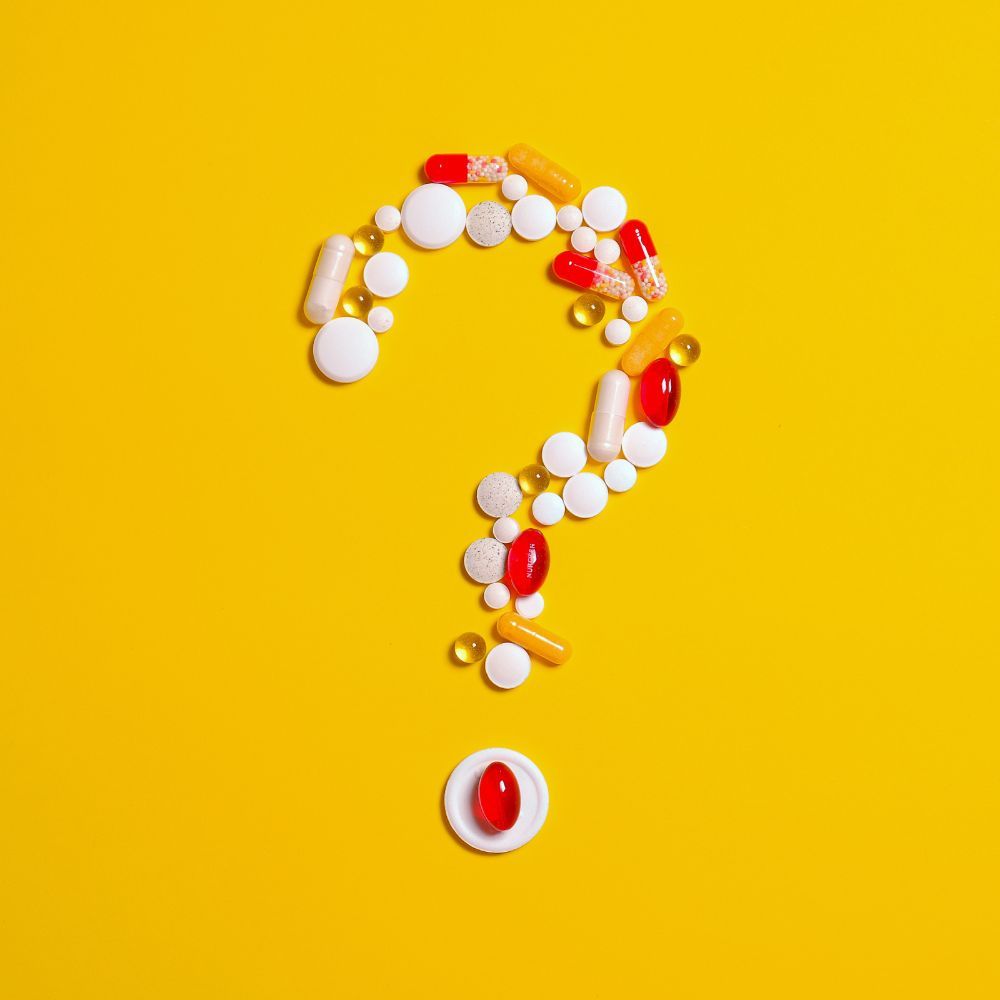Are Nutritional Supplements For Cats Necessary?
If you would like to know if nutritional supplements for cats is necessary then read this article!

Just like humans, cats need certain vitamins and minerals to stay healthy; and it's not always possible to get all of those nutrients from diet alone. Some experts recommend supplementing your cat's diet with additional nutrients, especially as they get older. Older cats are more prone to developing health problems like arthritis, heart disease, and kidney disease, and supplements can help prevent or slow the progression of these conditions.
If your cat is already eating a nutritionally complete and balanced diet, they may not need supplements at all. In fact, giving your cat too many vitamins and minerals can actually be harmful. Too much of certain nutrients can cause problems like liver damage or bone deformities. So, before you start supplementing your cat's diet, be sure to talk to your veterinarian first. They can help you determine if supplements are necessary and, if so, which ones would be best for your cat.
Vitamins and Minerals
There are certain vitamins and minerals that cats need in order to stay healthy. These include:
- Vitamin A: helps with vision, immunity, and cell growth.
- Vitamin B complex: helps with energy metabolism and nervous system function.
- Vitamin C: helps with wound healing, immunity, and iron absorption.
- Vitamin D: helps with calcium absorption and bone health.
- Vitamin E: functions as an antioxidant and helps with cell function.
- Copper: essential for blood cell formation, iron metabolism, and connective tissue health.
- Zinc: involved in immune function, skin health, and fertility.
- Taurine: important for heart health, vision, reproduction, and digestion.
These are just a few of the most important vitamins and minerals that cats need. While a balanced diet will usually provide enough of these nutrients, there are certain circumstances where supplements may be necessary. For example, if your cat is pregnant or nursing, they may need more of certain nutrients than they would otherwise. Older cats may also benefit from supplements because they may not absorb nutrients as well as they used to. If your cat has a medical condition such as diabetes or kidney disease, they may also need supplements to help them stay healthy.
Types of Supplements
There are many different types of nutritional supplements for cats on the market. These include powders, liquids, tablets, and soft chews. The type of supplement you choose will depend on your cat's needs. For example, if your cat is picky about taking pills, you may want to opt for a powder or liquid supplement that can be mixed into their food. If your cat is older and has trouble chewing hard food items, soft chews or liquids may be the best option.
We have reviewed several nutritional supplements that you may want or need for your cat. Click the button below to see what we have found for you and your special feline loved one. If you're not sure about which nutritional supplements (if any) would be best for your cat you can contact your veterinarian before you make a purchase.

